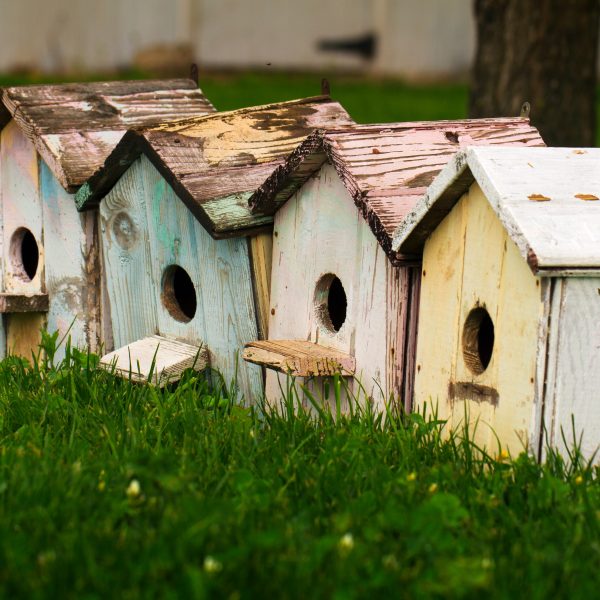NSW launches Aboriginal Children’s ECE Strategy with $23m commitment

The NSW Department of Education has launched a five-year plan that solidifies the department’s commitment to ensuring the best educational outcomes for Aboriginal children, with a $23 million commitment earmarked for the first phase of the strategy.
First Steps – the NSW Aboriginal Children’s Early Childhood Education (ECE) Strategy has been designed to work with Aboriginal people, families, communities and organisations and provides a clear roadmap to achieving the best educational outcomes for Aboriginal children aged from birth to five years of age.
“With the launch of this very important strategy,” Sarah Mitchell, NSW Minister of Education and Early Childhood Learning said, “I am committed to working collaboratively on the issues impacting the sector, children, families and communities the most.”
“I am committed to ensuring that every Aboriginal child in NSW – no matter where they are from or what their circumstance – has access to a culturally safe and inclusive early childhood education, and that their parents and carers can be confident their child is receiving quality care that maintains and celebrates the culture and history of our Aboriginal communities.”
The NSW Department of Education worked alongside the Aboriginal Early Childhood Education Advisory Group who contributed to support the development of the strategy and helped to connect the national ambitions of Closing The Gap to the reality of what happens in early childhood education services.
First Steps Strategy goals – Child, Family, Kinship
The strategy outlines three key goals for Aboriginal Children and families in NSW – for children, family and kinship groups and learning.
Child: All Aboriginal children and their families are supported to enrol in quality culturally inclusive ECE.
Family and kinship: All Aboriginal families and children feel respected in ECE services as their culture is celebrated and nourished.
Learning: Aboriginal Children are provided access to ECE that drives stronger outcomes through strengths-based approaches and all children have a sense of pride in Aboriginal people, cultures and histories in NSW.
Each goal includes a range of specific initiatives that together support achieving the goals themselves.
Key areas of focus include co-designing localised early childhood education and care with Aboriginal people and communities, increasing the number of Aboriginal operated and managed services, building the diversity of the workforce, ensuring funding models are appropriate and developing resources and providing guidance to support services to become culturally safe and welcoming.
Funding directed from Universal Access National Partnership to support roll out
A total of $23 million has been allocated to the first phase of the First Steps strategy to support initial start-up initiatives to support the department’s commitment to the First Steps strategy drawn from the Universal Access National Partnership funding pool.
These start-up initiatives include:
- Expanding and redesigning the Aboriginal language program Ninganah No More
- Expanding and redesigning Aboriginal Families as Teachers program
- Supporting the sustainability and expansion of the Aboriginal ECE sector
- Coverage of operational and staffing expenses factored into the initial investment.
Initial targets
The First Steps strategy has 5 initial targets:
-
95 per cent of Aboriginal children will be enrolled in the year before school starts by 2025.
-
55 per cent of Aboriginal Children will be assessed as developmentally on track in all five domains of the Australian Early Development Census by 2031.
-
50 per cent of Aboriginal children in ECE will have access to an Aboriginal language program by 2025.
-
3 per cent of staff working in the department’s ECE directorates will be Aboriginal and/or Torres Strait Islander.
-
100 per cent of staff working in the department’s ECE directorates will have completed or commenced cultural awareness/safety training by 2025.
Additionally, the department is committed to increasing the capacity and number of Aboriginal community controlled ECE services in NSW.
“NSW has come a long way, but we are not going to stop here,” Ms Mitchell said.
“I will continue to advocate to ensure Aboriginal children have every opportunity for quality education available to them. I look forward to supporting this strategy to achieve the very best for all Aboriginal children.”
To access an overview of the strategy and further supports, please see here.
Popular

Quality
Provider
Policy
Practice
WA approved provider fined $45,000 over bush excursion incident
2025-07-01 07:00:01
by Fiona Alston

Workforce
Policy
Quality
Practice
Provider
Research
ECEC must change now, our children can’t wait for another inquiry
2025-07-02 07:47:14
by Fiona Alston

Workforce
Quality
Provider
Victorian man charged with over 70 child sexual abuse offences linked to Melbourne ECEC settings
2025-07-01 10:46:10
by Fiona Alston











